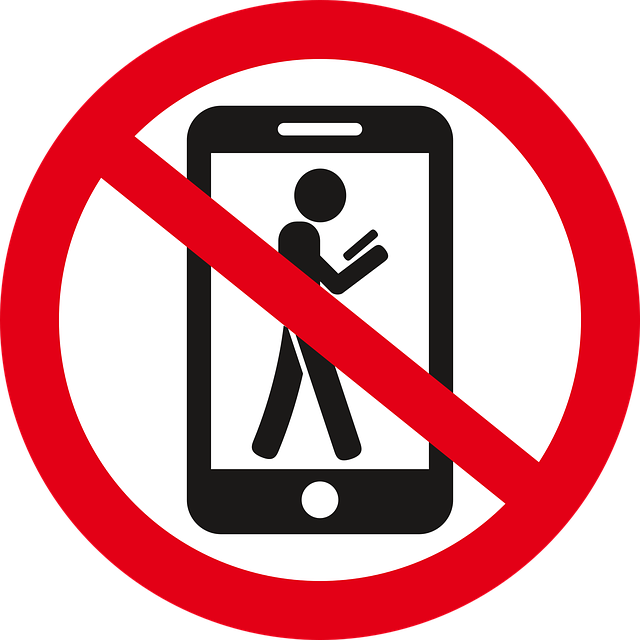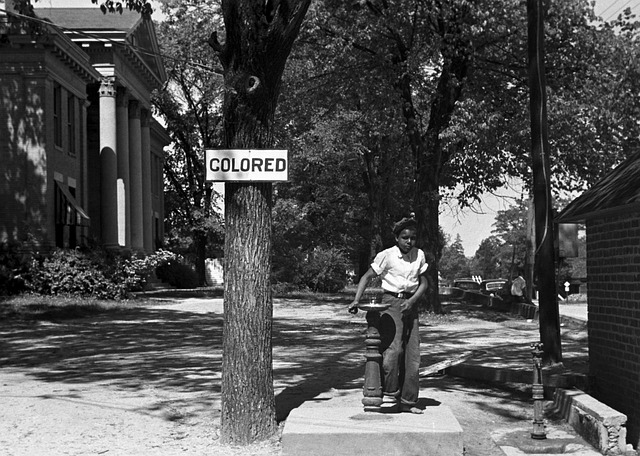Robocalls disrupt small businesses in North Carolina, prompting compliance concerns under state Spam Call laws. Businesses can mitigate these issues through advanced call blocking, employee education, data management, and industry collaboration. Specialized Spam Call law firm North Carolina offer expert guidance on TCPA litigation, protecting businesses from unwanted calls and fostering a fairer environment.
In the digital age, small businesses in North Carolina face an unexpected challenge: robocalls. These automated phone calls, often unwanted and intrusive, have become a growing nuisance for entrepreneurs. With strict state laws against spam calls in place, understanding these regulations is crucial for business owners to protect themselves legally. This article explores the impact of robocalls on small businesses, offers strategic countermeasures, and highlights how a specialized law firm can assist in navigating North Carolina’s Spam Call laws.
Understanding Robocalls and North Carolina's Spam Call Laws

Robocalls, or automated telephone calls, have become a ubiquitous yet nuisance for many small businesses in North Carolina. While some robocalls offer valuable services, others are unwanted and often fall into the realm of spam. These unsolicited calls can be particularly problematic for local enterprises, leading to legal implications outlined by North Carolina’s Spam Call laws.
These laws protect consumers from excessive and aggressive telemarketing practices. A spam call law firm in North Carolina can guide businesses on navigating these regulations, ensuring their marketing efforts comply with the state’s guidelines. Understanding the legal boundaries surrounding robocalls is crucial for small businesses aiming to foster a positive relationship with their customers while steering clear of potential legal pitfalls.
The Impact on Small Businesses: Challenges and Strategies

Robocalls have become a significant challenge for small businesses in North Carolina, disrupting operations and damaging customer relationships. These automated calls, often disguised as legitimate business communications, are plagued by issues under the Spam Call law firm North Carolina regulations. Businesses face difficulties in filtering genuine calls from unsolicited marketing attempts, leading to increased operational costs and decreased productivity.
To combat these challenges, small businesses can implement strategic countermeasures. This includes investing in advanced call screening and blocking technologies, educating employees on identifying and handling robocalls effectively, and adopting robust data management practices to ensure compliance with the state’s Spam Call law firm regulations. Additionally, staying informed about evolving robocall prevention methods and collaborating with industry peers can empower small businesses to mitigate these interruptions and protect their customers’ trust.
Legal Recourse: How a Law Firm Can Assist North Carolina Business Owners

North Carolina small business owners dealing with robocalls face a complex challenge, often with limited legal recourse. These automated phone calls, typically used for marketing or fraudulent purposes, are not only intrusive but can also be illegal under the Telephone Consumer Protection Act (TCPA). A specialized spam call law firm in North Carolina can provide much-needed assistance in navigating this issue.
Such firms offer expertise in TCPA litigation and can help business owners understand their rights and take appropriate actions. They can assist with identifying the source of the robocalls, gathering evidence, and even negotiating settlements or representing clients in court if necessary. Their role is to empower business owners by ensuring they have access to legal protections against these unwanted phone calls, thereby fostering a fairer and less disruptive business environment.






